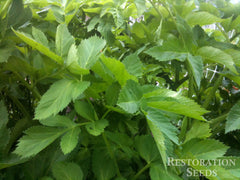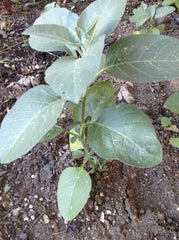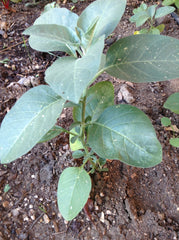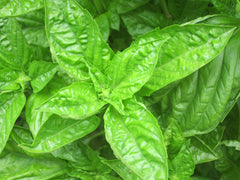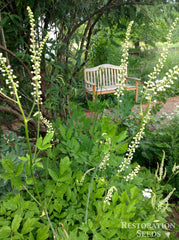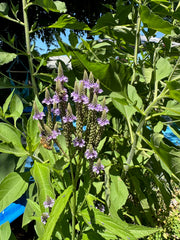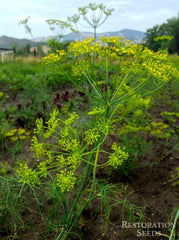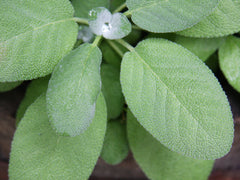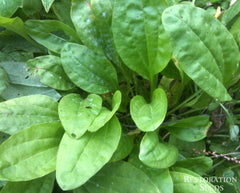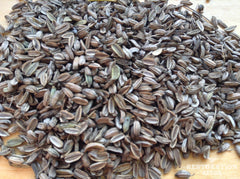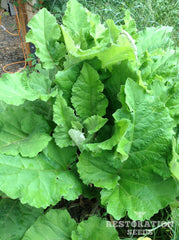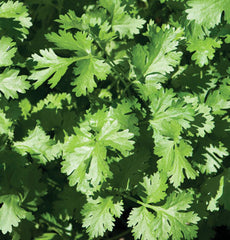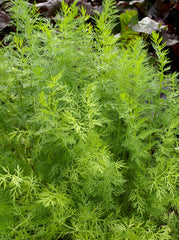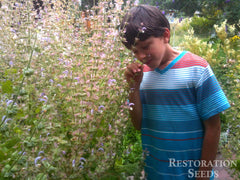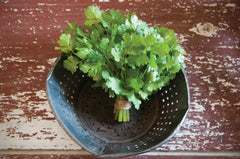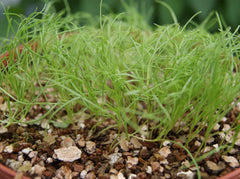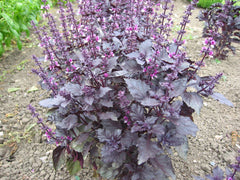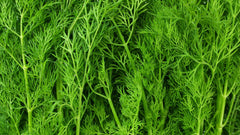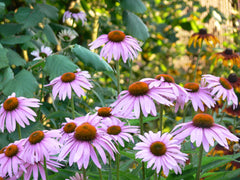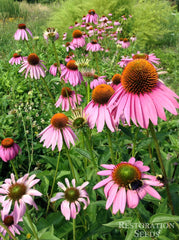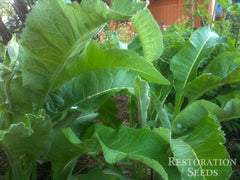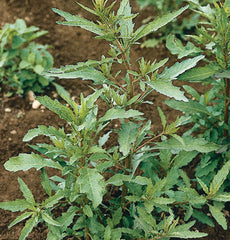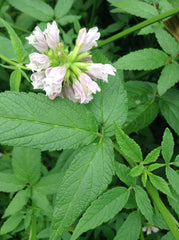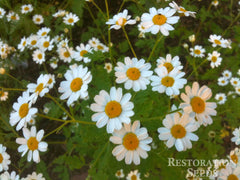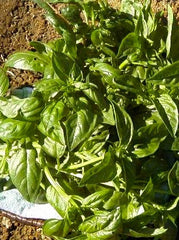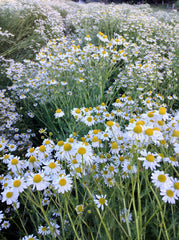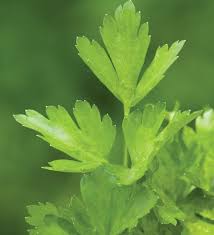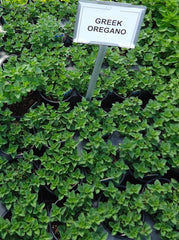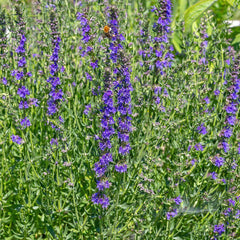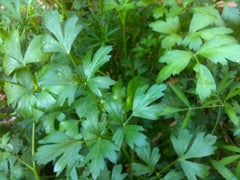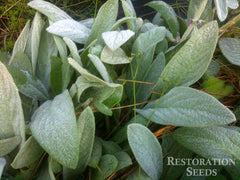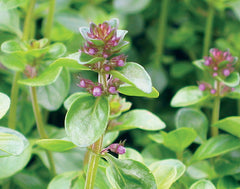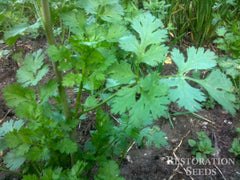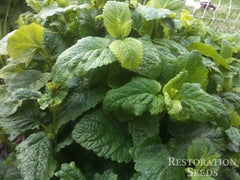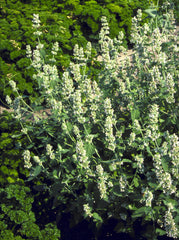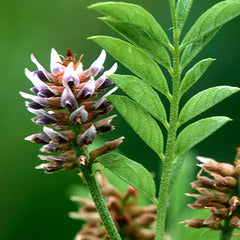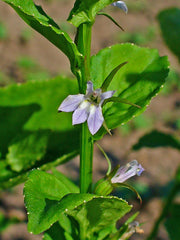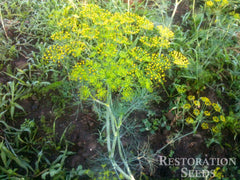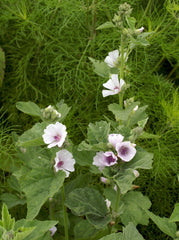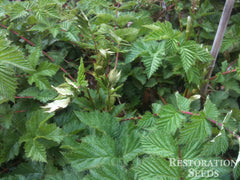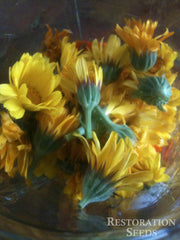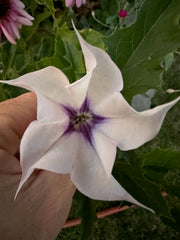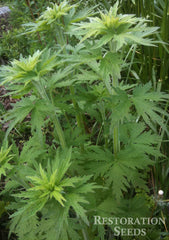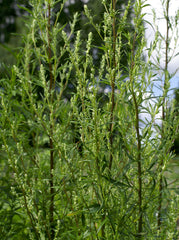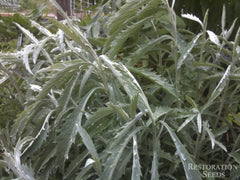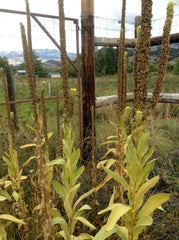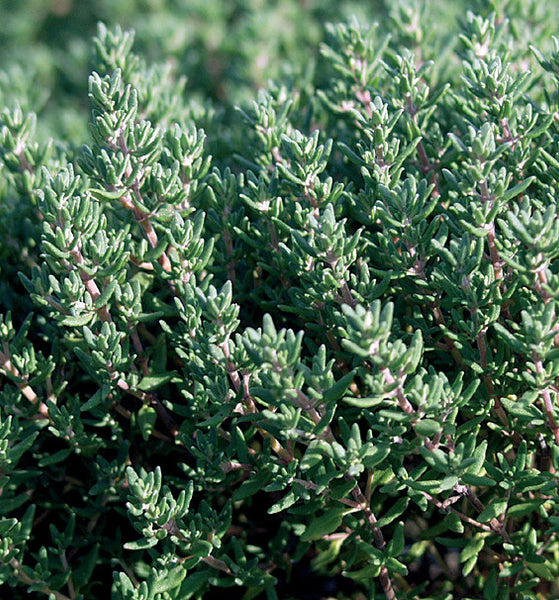English Winter thyme
english-winter-thyme English Winter thyme Thymus vulgaris
HOW TO GROW THYME
Start indoors 6-8 weeks before last frost, harden off 3–4 days, then transplant after last frost. Ideally, place in a heated propagator or cover with a polythene bag and keep at 70˚F (20°C.) Seed is very fine so mix some with horticultural sand to make it easier to handle. Keep watering of plants to a minimum as seedlings are prone to ‘damping off’ and always water from the bottom. After first year cut plants back each spring to renew growth, fresh form is more flavorful. Leaves are used and stem is commonly discarded. Harvest starting the second year. Once established can be picked all year. Replace after about five years, cuttings are easy to root. Surface sow, press into soil, do not cover. Soil pH 6.1-8.5. Hardiness zones 4-10. Perennial.
Days from maturity calculated from the date of seeding. Average 170,000 seeds per ounce. Usual seed life 3 years.
Planting Depth surface requires light
Soil Temp. Germ. 70˚F
Days to Germ. 21-28
Plant Spacing 8-12”
Row Spacing 20-24”
Days To Maturity 2 years
Full Sun, Moist Well Drained
Days from maturity calculated from the date of seeding. Average 170,000 seeds per ounce. Usual seed life 3 years.
Planting Depth surface requires light
Soil Temp. Germ. 70˚F
Days to Germ. 21-28
Plant Spacing 8-12”
Row Spacing 20-24”
Days To Maturity 2 years
Full Sun, Moist Well Drained
- 200 Seeds$3.50
- 2000 Seeds$15.50
English Winter Thyme is a hardy evergreen perennial and has small aromatic dark green leaves with clusters of small pink flowers. Versatile culinary herb to flavor for meats, soups and stews. Classic ingredient of ‘bouquet garni’ and ‘herbes de Provence’. Thyme oil is disinfecting, and can also help skin conditions ...
English Winter Thyme is a hardy evergreen perennial and has small aromatic dark green leaves with clusters of small pink flowers. Versatile culinary herb to flavor for meats, soups and stews. Classic ingredient of ‘bouquet garni’ and ‘herbes de Provence’. Thyme oil is disinfecting, and can also help skin conditions like eczema. Tea from dry leaves helps a cough. It’s a companion plant and deters cabbage root-fly from cabbages, cauliflower and brussels sprouts. The flowers also attract many beneficial insects to the garden. Tags: Seed: Safe Seed Pledge.
Originated in Greece used in baths and burnt as incense in their temples, believed to be a source of courage. Delicious thyme recipes. culinary herb Seed: Safe Seed Pledge
Originated in Greece used in baths and burnt as incense in their temples, believed to be a source of courage. Delicious thyme recipes. culinary herb Seed: Safe Seed Pledge
Learn More
Reviews
